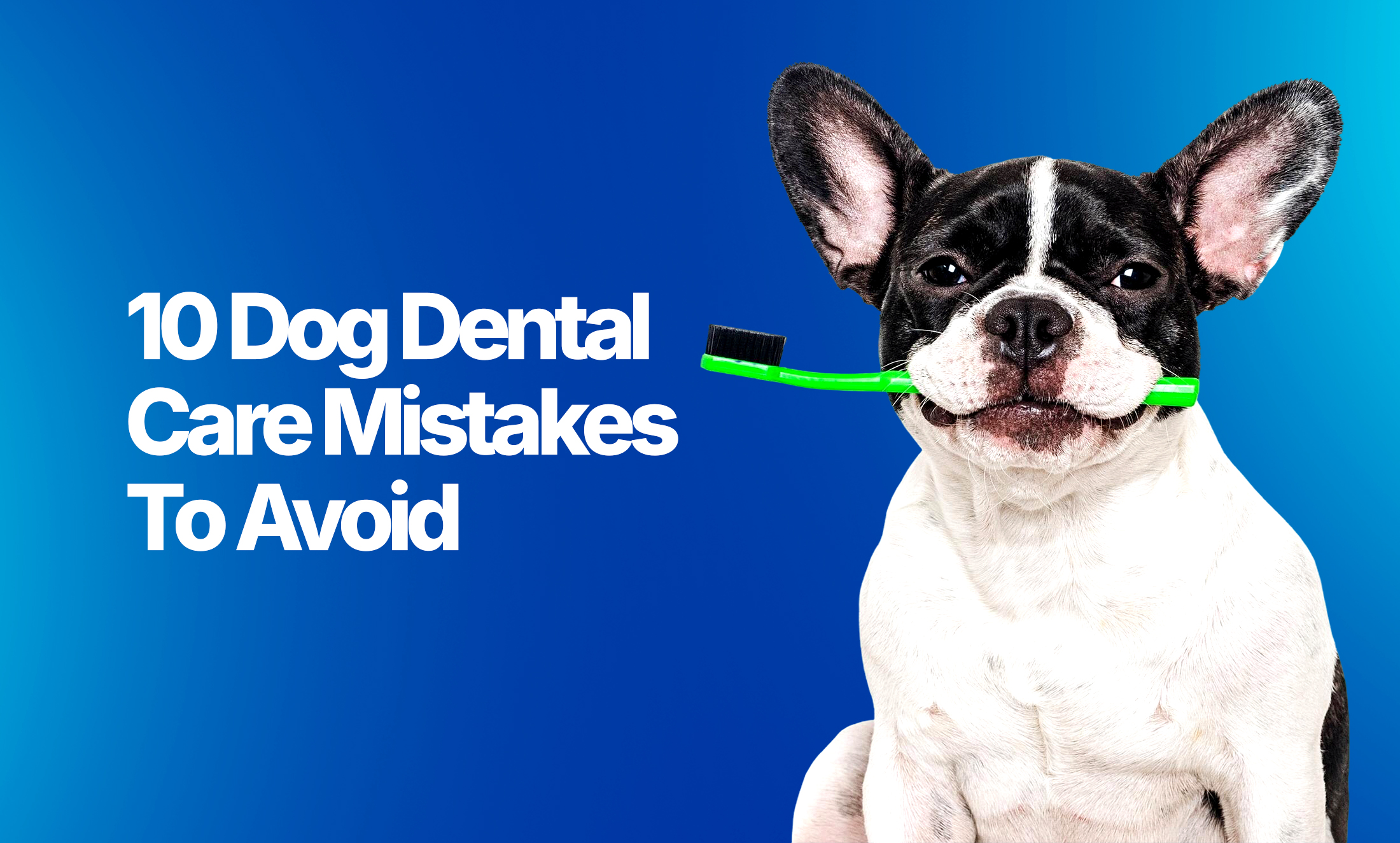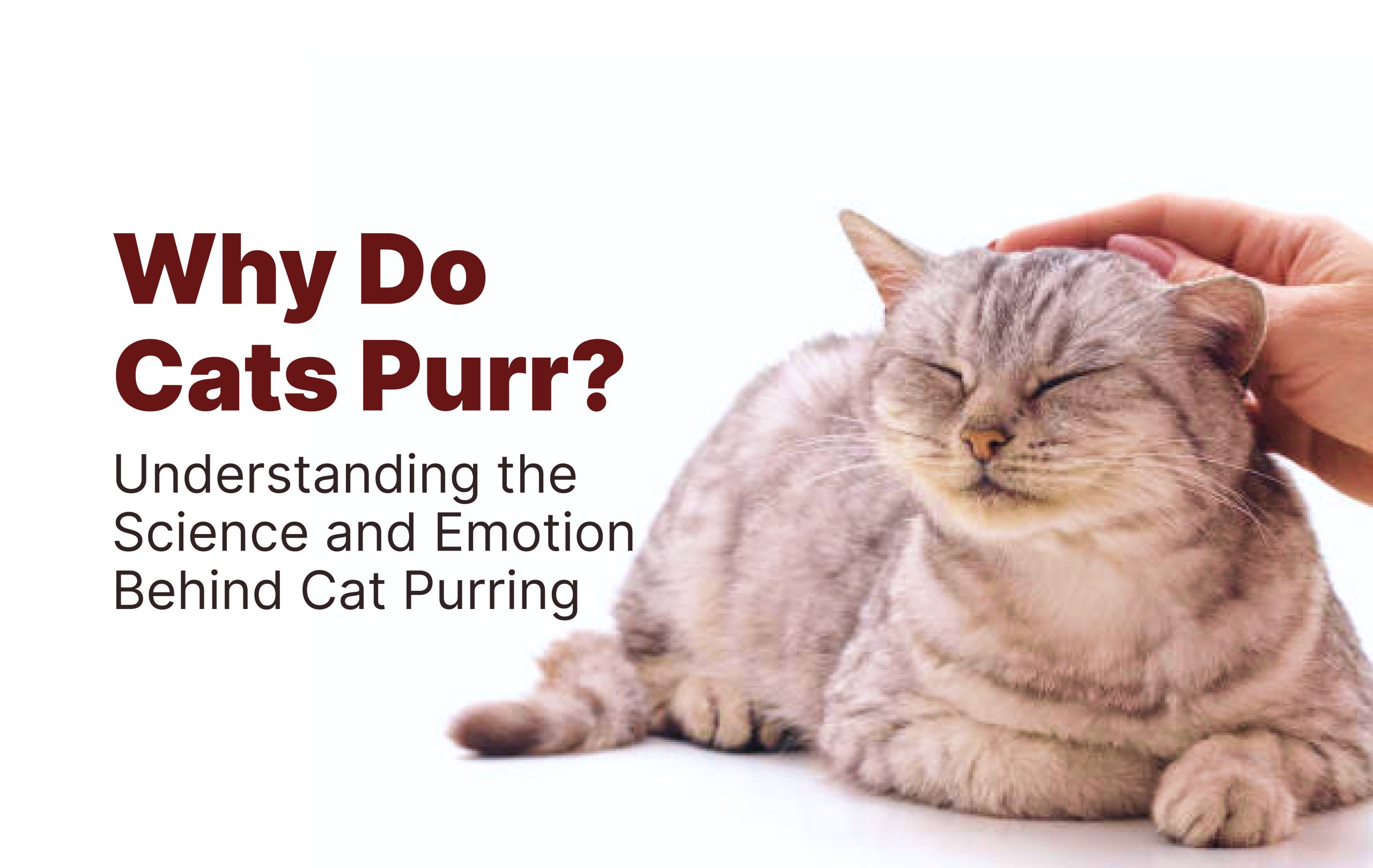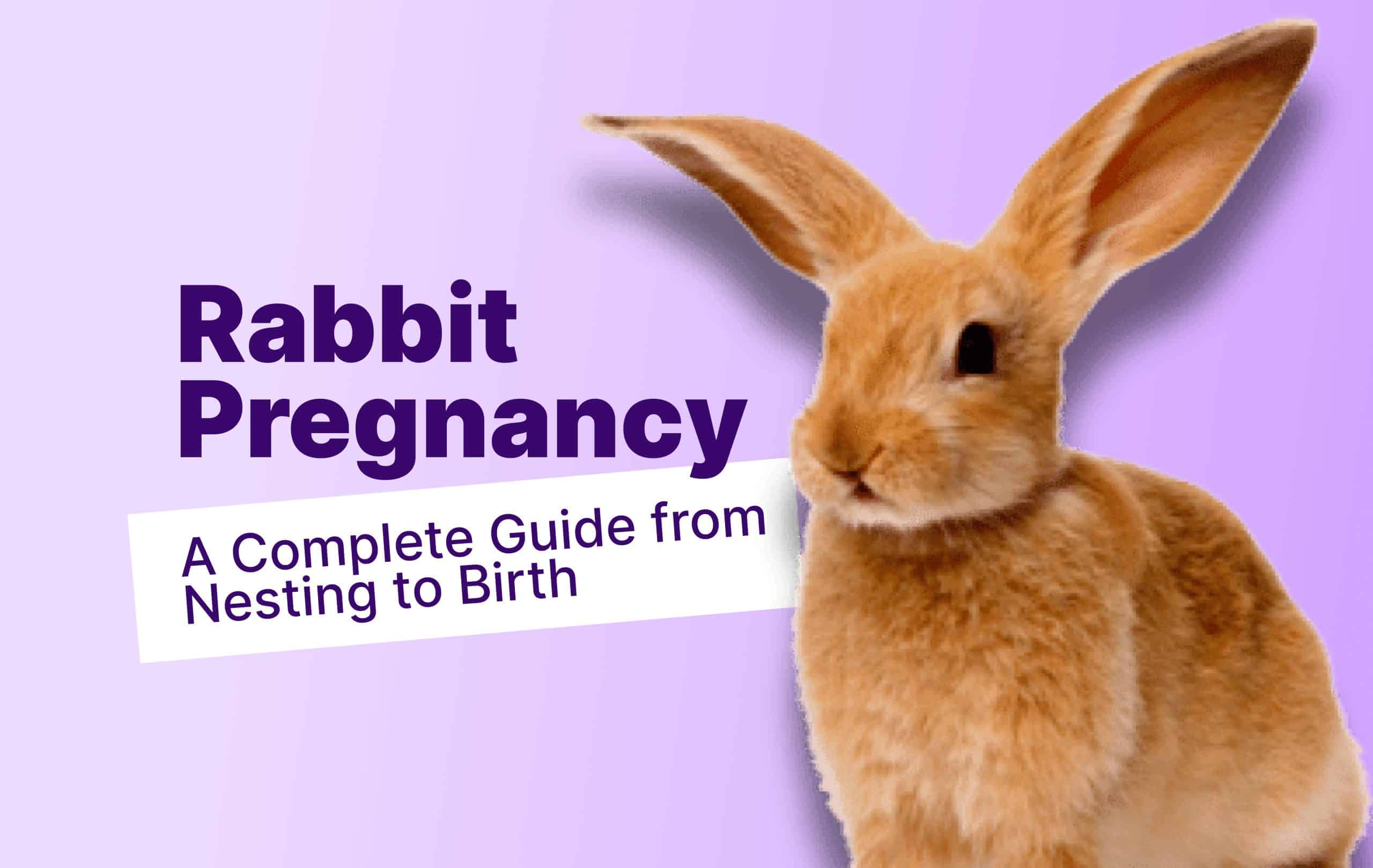Cookie Policy
Introduction
At Quays Pet Insurance, we use cookies to improve your browsing experience, personalize content, and enhance our website’s functionality. This cookie policy explains what cookies are, how we use them, and how you can manage your cookie preferences.
This policy outlines how we use cookies and associated technologies on the Quays website, including the one you are currently on. This document should be viewed along with our privacy policy and terms of service.
What are Cookies?
Cookies are small text files stored on your computer, tablet, or smartphone when you visit and website or use our apps. The purpose of cookies is to enhance your experience and support the smooth operation of the website. These files save information about your browsing habits, preferences, and the pages you interact with.
Cookies can be classified as essential, analytical, marketing and functional. For more information on cookies, contact us or visit the UK regulator, the Information Commissioner’s Office (ICO).
Consent
If you consent to our use of cookies through the cookies banner, you agree to not only the use of essential cookies, you have also consented to our use of other cookies mentioned below. Please continue reading to understand the different types of cookies and how we use them.
Essential cookies
The proper operation of the website depends on certain cookies. They make it possible for essential features like safe login, shopping cart management, and payment processing. Without these cookies, the website may not function as expected
Analytics and Performance Cookies
These cookies gather information about how users interact with our website, including the pages they visit most frequently and any errors they may encounter. We can enhance the performance and usability of our website with the use of this information. The information collected by these cookies are anonymous.
One of the tools we use on our site is Google Analytics to help us understand how you use our site and target our advertising appropriately.
If you disallow these cookies we may not know if you visited our site or not, and we may not be able to monitor the performance of our site.
Targeting Cookies
These cookies are used to target online advertising and track the effectiveness of marketing initiatives. Our advertising partners may set these cookies through our website. These companies might use them to create an interest profile and display relevant advertisements on other websites. They are based on uniquely recognising your browser and internet device rather than directly storing personal information. You will see less tailored advertising if you reject these cookies.
Some of these gather data on your online activities, such as the websites you frequent. This information may then be used by us (or by advertising networks and third parties acting on our behalf) to ensure that you see relevant advertisements online.
Functional Cookies
These cookies give a more individualised experience by remembering user preferences such as, language preference, login information, or display settings. They also enable website features like live chat. These cookies may be provided by us or third parties that we have included their services on our pages, if you don’t allow them, these services may not function properly.
Marketing and Advertising Cookies
These cookies track your online activities and use your browsing history to show you relevant ads. They can also be used to gauge the success of advertising campaigns and restrict the frequency of advertisements you view.
First and Third Party Cookies
Some websites you visit like the one you are currently on set certain cookies to enhance functionality and performance and they are referred to as “first party” cookies. While some are set by third party organisations for marketing and tracking. For example, a marketing team can have a built in tool on the website that drives traffic to the site or collect data about how the website is performing
Third parties, such as analytics providers and content partners, may be engaged by us to help with the maintenance, operation, development, or functionality of our website. We provide these third parties access to certain information so they can carry out particular duties on our behalf. These third parties have their own cookie policies; which we recommend you review.
Cookie Duration
Certain cookies are stored on a device for a short period of time before they are automatically removed when you close your browser. They are called session cookies because they support basic site security and navigation. They are also referred to as temporary cookies and they remember the option you choose when browsing the website.
Some other cookies stay for longer and are called persistent cookies. They stay on your device for a predetermined time, they remain even after you have closed your browser unless they are manually removed. They help us remember your preferences, customize content to suit you and enable login features for future visits especially for existing customers.
How We Use Cookies
At Quays, we use cookies to:
- Ensure our website functions properly.
- Improve user experience by remembering your preferences.
- Analyse site traffic to enhance our services.
- Deliver personalized content and relevant ads.
Managing Your Cookie Preferences
You can manage or disable your cookies through your browser settings. Most browsers allow you to:
- Accept or reject all cookies.
- Delete stored cookies.
- Set preferences for specific websites.
We always get your permission before installing cookies on your device as part of our cookie policy, with the exception of essential cookies.
Additionally, you always have the choice to modify your consent. You can always choose which cookies to accept if you already consented to non-essential cookies on our website. Simply search for the cookie settings link. You may always modify your settings and refuse cookies by clicking the cookie settings link, which will bring up your cookie settings.
Please note that disabling cookies may affect the functionality of our website.
Updates to This Policy
We may occasionally update this Cookie Policy for operational, legal, or regulatory reasons, or to reflect changes to the cookies we use. For more information on how we use cookies and similar technologies, please review this Cookie Policy on a regular basis. This Cookie Policy's most recent update date is shown at the bottom.
Who we are and how you can contact us?
We are your trusted pet insurance provider for affordable, flexible and reliable coverage for your furry family. Here is our company information if you have any questions about our cookie policy:
Company address: 128 City Road, London, EC1V 2NX
Email: [email protected]
Phone number: 02035982351
Which Pet Insurance Plan Fits Your Furry Family?
When choosing, consider your pet's age, breed, and health history, as well as your budget and what level of cover you need.
Lifetime Insurance
Lifetime pet insurance policy provides comprehensive coverage for your pet’s entire life, as long as you continue to renew your policy and pay your premiums. This type of insurance is also known as “whole life” or “lifetime cover” insurance.
How does it work?
Lifetime Pet Insurance, you’ll pay an annual premium, and in return, we’ll provide coverage for your pet’s veterinary bills, up to a certain limit, for the rest of their life. The coverage limit may vary depending on the specific policy and options you choose.
One of the best things about our lifetime pet insurance is that it provides peace of mind, knowing that you’ll be able to afford the best possible care for your pet, no matter what health issues may arise in the future.
What veterinary expenses are covered under lifetime pet insurance?
Lifetime Pet Insurance typically covers a range of veterinary expenses, including accidents, injuries, illnesses, surgical procedures, diagnostic tests, and medications. Some policies may also cover preventative care, alternative therapies, and dental care.
It also covers other expenses such as kennel costs, third party liability, compensation if your pet is lost, stolen or dead.
Can a dog with a pre-existing condition get lifetime pet insurance?
Most lifetime pet insurance policies exclude pre-existing conditions, which means that if your pet has a medical condition before you purchase the policy, it may not be covered. However, some policies may offer limited coverage for pre-existing conditions after a certain waiting period.
Can I cancel my lifetime pet insurance policy at any time?
Most lifetime pet insurance policies can be canceled at any time, but there may be penalties or fees associated with canceling. It’s essential to review your policy terms and conditions before canceling to understand any potential penalties or implications.
Annual (Time-Limited) Insurance
What is Annual (Time-Limited) Insurance?
Annual (time-limited) insurance provides coverage for a specific period, usually 12 months, from the date of diagnosis or treatment of a condition. This type of insurance is designed to help manage veterinary expenses for a limited time.
How Does Annual (Time-Limited) Insurance Work?
With annual (time-limited) insurance, you’ll pay an annual premium, and in return, we’ll provide coverage for your pet’s veterinary bills, up to a certain limit, for a short period (usually 12 months). After that, the condition will be considered pre-existing and excluded from future coverage.
What Veterinary Expenses Are Covered Under Annual (Time-Limited) Insurance?
Annual (time-limited) insurance typically covers a range of veterinary expenses, including accidents, injuries, illnesses, surgical procedures, diagnostic tests, and medications. However, coverage is limited to the specified period, and chronic conditions may not be covered beyond that period.
Can a Dog with a Pre-Existing Condition Get Annual (Time-Limited) Insurance?
Annual (time-limited) insurance policies exclude pre-existing conditions, which means that if your pet has a medical condition before you purchase the policy, it may not be covered.
Can I Renew My Annual (Time-Limited) Insurance Policy?
Yes, annual (time-limited) insurance policies can usually be renewed each year. However, the terms and conditions may change, and pre-existing conditions may be excluded from future coverage.
Maximum Benefits Insurance
Maximum Benefits insurance is a type of pet insurance that covers a set amount per condition. Once the maximum limit is reached for a particular illness or injury, that condition is no longer covered, but other conditions remain insured. It’s ideal for pet owners seeking a balance between coverage and affordability, as it generally offers higher limits than time-limited policies but is more cost-effective than lifetime cover.
What does maximum benefits insurance cover?
It covers vet fees for accidents, illnesses, and treatments up to a set limit per condition. Once the limit is reached, that condition is excluded from future claims.
Is there a time limit on claims?
No, there’s no time limit on how long you can claim for a condition, as long as you haven’t reached the maximum benefit for that condition.
What happens if I reach the maximum benefit?
Once the limit is reached, the policy will no longer cover that specific condition. However, you can still claim for other unrelated health issues.
Does it cover pre-existing conditions?
Typically, Maximum Benefits insurance does not cover pre-existing conditions. It’s best to check the policy details for any exclusions.
Is Maximum Benefits insurance suitable for my dog?
It’s a good choice if you want more coverage than a time-limited policy but don’t need the comprehensive protection of a lifetime policy. It’s ideal for pet owners looking for a middle-ground option.
Accidents-Only Insurance
Accidents-Only insurance is a basic type of pet insurance that covers the cost of veterinary treatment if your dog is injured in an accident. It does not cover illnesses or routine check-ups. This policy is usually the most affordable option, making it a good choice for pet owners looking for budget-friendly coverage for unexpected injuries.
What does Accidents-Only insurance cover?
It covers veterinary costs resulting from accidents, such as broken bones, cuts, or injuries from car accidents. It does not cover illnesses or routine care.
Does it cover long-term treatment?
Yes, as long as the treatment is related to an accident and within the policy’s coverage limit. However, chronic or recurring illnesses are not covered.
Are pre-existing conditions covered?
No, Accidents-Only insurance does not cover pre-existing conditions, even if they were caused by an accident before the policy started.
Is there a time limit on claims?
This depends on the provider. Some policies may have a time limit per accident, while others cover ongoing treatment as long as it relates to the initial accident.
Is Accidents-Only insurance suitable for my dog?
It’s a good option if you want to protect against the financial impact of unexpected accidents but don’t need coverage for illnesses or preventive care. It’s ideal for younger, healthier dogs that are less likely to develop serious health issues.
Third-Party Liability (For Dogs)
Third-Party Liability insurance protects you financially if your dog accidentally causes injury to someone or damages someone’s property. This coverage is especially useful if your dog is active or unpredictable, as it helps cover legal costs and compensation claims. It doesn’t cover injuries to you or damage to your own property but provides peace of mind in case of unexpected incidents.
What does Third-Party Liability insurance cover?
It covers legal fees and compensation costs if your dog injures someone or damages someone’s property. This includes incidents like biting, knocking someone over, or causing a car accident.
Are there any exclusions?
Yes, this insurance typically excludes incidents involving family members or people living with you. It also won’t cover damages to your own property or injuries to your dog.
Does every pet insurance policy include Third-Party Liability?
Not all pet insurance policies include this, so it’s essential to check. However, Quays Pet Insurance offers comprehensive policies that include Third-Party Liability as a standard feature, ensuring you’re protected from unexpected legal costs.
Do I still need this if my dog is well-behaved?
Even well-trained dogs can act unpredictably, especially when startled or in unfamiliar situations. Third-Party Liability insurance provides financial protection just in case.
Is this required by law?
In the UK, Third-Party Liability insurance isn’t legally required, but it’s highly recommended for all dog owners. Some landlords or public places may also require proof of this coverage.




